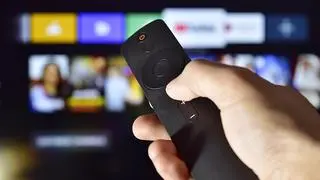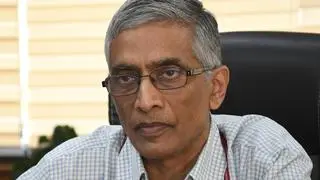It is nearly a decade since he quit the company, but Atul Sobti still has fond memories of Brijmohan Lall Munjal. The patriarch of the Hero group died aged 92, on Sunday.
Sobti was an integral part of the then Hero Honda’s leadership team between 1998 and 2005, before he quit as Executive Director and headed out to Ranbaxy. It was during his tenure that the company emerged the market leader in two-wheelers, taking over the mantle from Bajaj Auto 15 years ago.
Yet, there was no wild celebration or going over-the-top at Hero Honda on this momentous occasion, when it would have been perfectly acceptable and legitimate to do so.
After all, this was no mean achievement in an arena where one player had ruled the roost for so many years. Sobti believes this attitude in downplaying an achievement perhaps had a lot to do with Munjal’s own outlook towards life and the fact that he had seen enough to not get carried away by success.
“There was no gloating over the fact that we had taken top slot in the two-wheeler market. On the contrary, he made sure that people within the company were quickly brought down to earth and got on with the job at hand. Perhaps this was a result of someone who had seen a lot more in life and knew better than us on how unpredictable it could be,” he says.
Decision-makingMunjal and Sobti represented two different generations, but it never came in the way of their professional relationship. The Hero Honda Chairman and Managing Director was a good three decades older than his marketing head, but still gave him a free hand in daily operations. “He knew that I needed my autonomy and let me be,” says Sobti.
There was no micro-management happening as a result, and the two would meet once a week over a cup of tea or coffee to quickly discuss issues. Munjal would call ‘Atul’ or ‘Sobti saab’ on the phone, inviting him to the next building of the Delhi corporate headquarters.
“I would then walk over to meet him for a quick chat. He was a Punjabi at heart. All in all, there was very little interference and I had a great time,” recalls Sobti.
It was this hands-off approach that also allowed him to hire a young generation of professionals to keep the growth momentum going. The only time Munjal seemed a wee bit anxious was during the early months of 2003, when Hero Honda’s market share was coming under pressure from new motorcycle models launched by rival manufacturers.
He was clearly flustered by these unexpected headwinds, though it was only a matter of time before the company bounced back strongly and was in control all over again. The fact that Hero is still leading the market after the split with Honda is perhaps testimony to the late Chairman’s vision in laying a strong business foundation, especially at the retail end.
Sobti believes Munjal’s greatest strength lay in his soft skills, which, in turn, ensured a good foundation for the company in terms of maintaining relations with dealers, vendors and his extended Hero family.
These were especially critical at a time the company was growing quickly and had to cope with a huge order book. Munjal’s genial attitude more than helped in keeping other stakeholders happy and motivated.
His passing marks the end of an era in India’s automotive arena. The tributes coming in from other industry captains and rivals are tributes to Munjal’s large heart and his remarkable ability to get along well with everyone across the chain irrespective of their hierarchy.








Comments
Comments have to be in English, and in full sentences. They cannot be abusive or personal. Please abide by our community guidelines for posting your comments.
We have migrated to a new commenting platform. If you are already a registered user of TheHindu Businessline and logged in, you may continue to engage with our articles. If you do not have an account please register and login to post comments. Users can access their older comments by logging into their accounts on Vuukle.